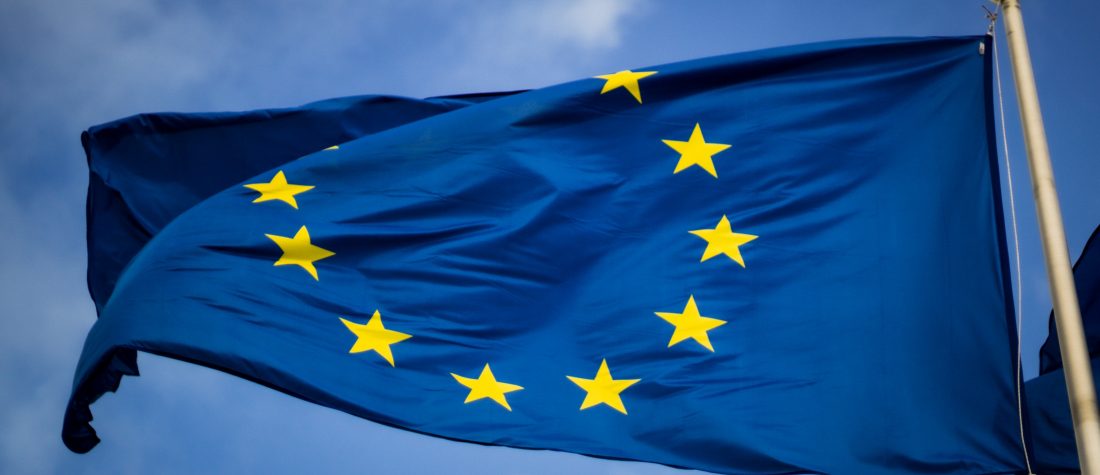This article is the first of a series of eight introducing the Liberal White Book: Europe 2030, the European Liberal Forum’s flagship publication highlighting the challenges that the EU faces and presenting a range of future policy options.
What is the European Union? What should it be? These questions are not only controversial, they also lack clear answers. Without these, the EU has evolved without ever following a grand design. As such, it has become an organisation that is constantly shifting in response to ever-changing challenges.
Origins
The Union began as a post-war project aiming to keep national aggressions and egoisms in check by integrating European economies. 70 years – and several crises – later, the EU of today includes almost the entirety of Europe and influences all aspects of European political life – from trade to social issues, foreign affairs to digitalisation, and health to space exploration. Crucially, EU policymakers now set the all-encompassing agenda and overarching priorities for the long-term development of the continent.
Too ad hoc for too long
Whilst the in-the-making and crisis-response-driven nature of the European project is of unique value to Europeans, it is also a constant source of disagreement among member states.
There has never been a shared or strictly-defined vision on the general direction of European integration. The EU policy-making debates are thus shaped by the ongoing conflict between those who feel that decisions go too far and others who think that they do not go far enough. Reaching a consensus is further complicated by internal and external crises, as well as frequent clashes of values and priorities.
Over the last year, the pandemic and subsequent social and economic crises have destabilised the long-held and comforting assumption that simply belonging to the European club will guarantee a country prosperity, stability, and security.
We need to move from an EU that is just ‘happening’ to an EU that we deliberately make happen. Yet whilst we may all agree that the bloc needs reforms, we may not all agree on what these reforms should be.
Vision-building beyond borders
With modern developments being of an increasingly transnational and global nature, much-needed solutions must be located beyond national boundaries. The relevance of the EU will only increase in the future – if it manages to address the issues that matter most and design responses that work. This is a window of opportunity for the EU to clearly demonstrate its added value to member states.
For this to work, we need to think three steps ahead – now more than ever. What will Europe be like in 2030? No one has the answer yet, but everyone should take part in the crucial discussion to define the path. The choices we make today – muddling through or making fundamental and structural changes – will define the state of the European project 10 years down the road. Thus, what we need now is a new vision and a concrete roadmap for action which unapologetically addresses modern challenges in all their variety and complexity.
Liberal Europe: a beacon of hope for the planet
The Liberal White Book 2030 is the liberal family’s contribution to this uneasy debate. The pieces are the offspring of intense discussions among the intellectuals, experts, and stakeholders that the European Liberal Forum gathered throughout the year of 2020 to address a vast set of policy areas from climate change to the economic and monetary Union, from democracy and the rule of law to the much-needed digitalisation of our continent. Each of them highlights the challenges that the EU is facing, as well as putting forward a number of bold policy proposals.
While we can all agree that the EU needs reform, we may not all agree on what these reforms should be. The White Book does not shy away from potential disagreements. It defends a liberal way for the EU; a way where economic freedom, civil liberties and democracy remain our lodestars. This means strengthening the (digital) single market and the economic, monetary and budgetary Union. This also means providing the EU with an increased capacity to speak with one voice on the world stage, so that these values are defended, and so that our Union remains a model that is envied.
Bigger is not necessarily better
A liberal Europe is one that believes in its citizens’ abilities and thus also that every level of government has its own role to play. A more effective EU does not always mean more EU. Whenever member states, regions, local governments, businesses and individuals can solve their problems alone, they should be permitted to do so. The EU already has plenty on its plate. A liberal Europe is one where member states are allowed to go at their own pace and where those who want it can achieve further integration.
We liberals can be proud of our values; they have brought peace, prosperity, and progress to our continent. Yet we must not be complacent. Euroscepticism and populism thrive on feelings of uprootedness, neglect and a lack of opportunities. They will wither if we provide the answers to these pressing questions.
Our citizens must be listened to, and their fears and doubts must not be dismissed. The best answer we can provide is by building a freer and better European society, where everyone finds his or her own place and is able to contribute in their own way. We hope that our publication becomes a point of reference for liberal policymakers and indeed for all those who wish to shape Europe’s future.


